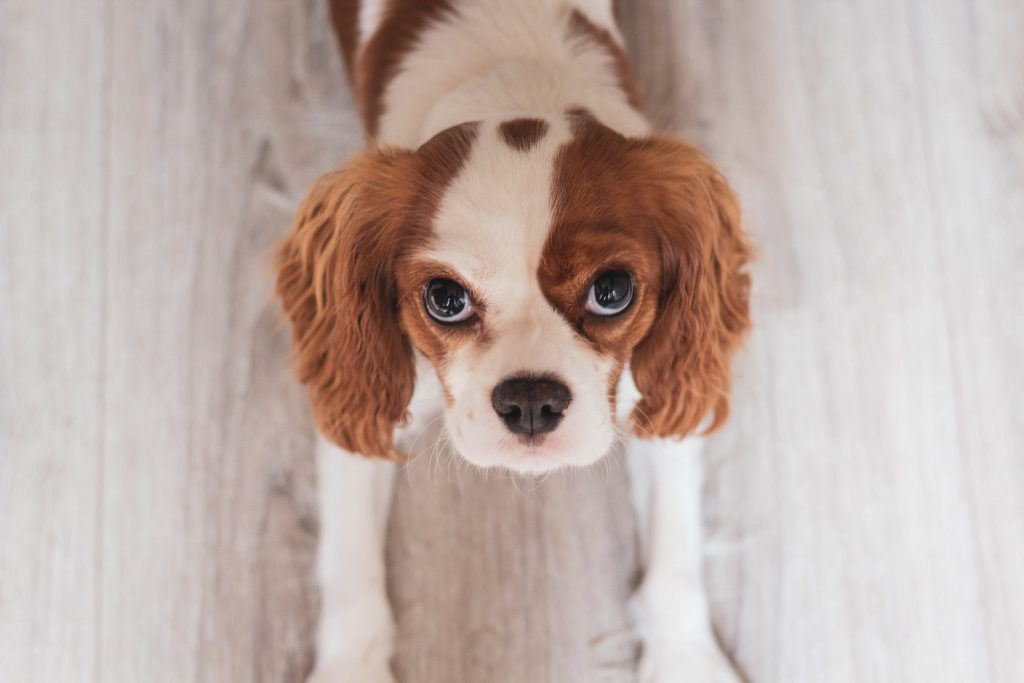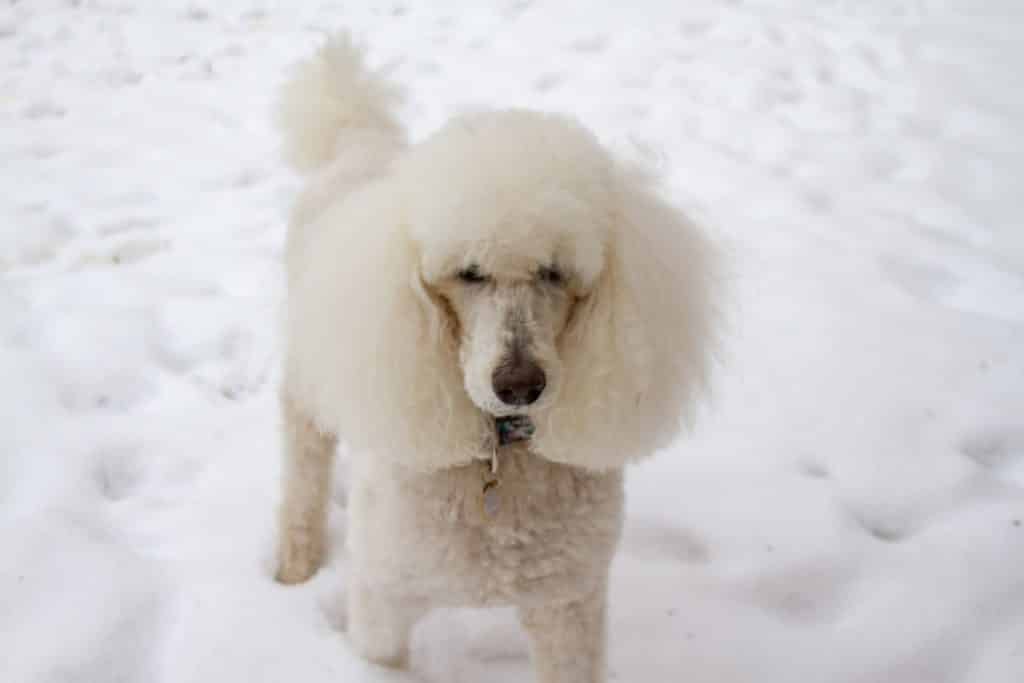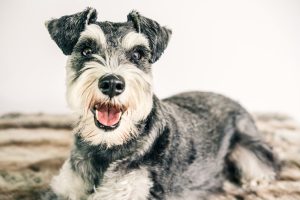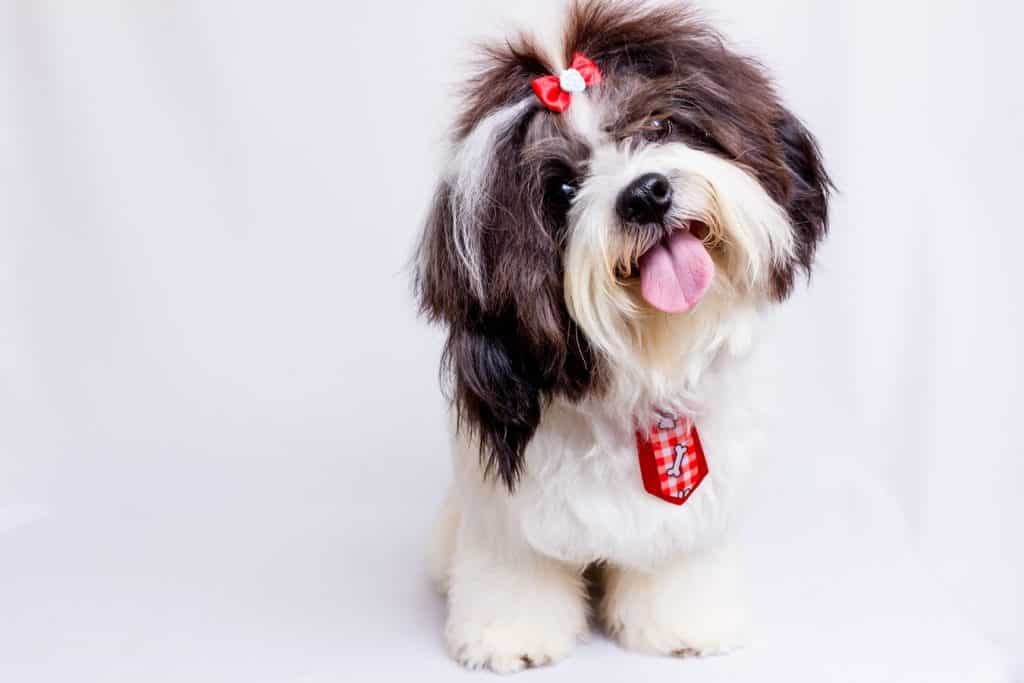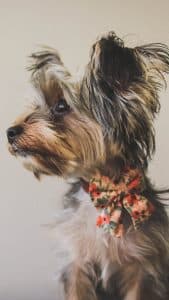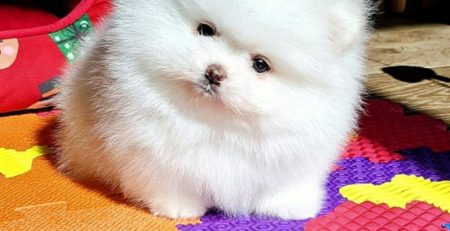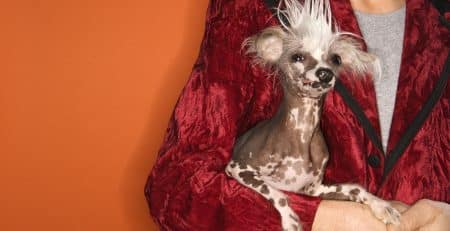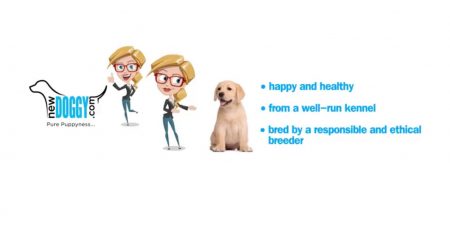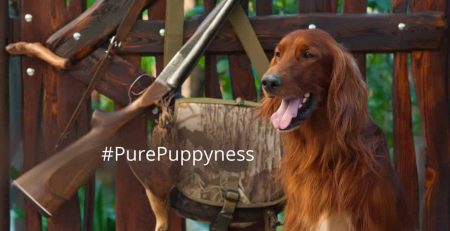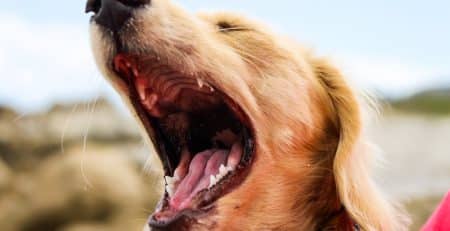Best dog breeds for retired couple
If you and your significant other have recently retired, you probably have a lot more free time available. One fulfilling use of that time could be to get a dog as a pet. A dog provides company and friendship, not to mention a great incentive to get up and exercise (even if that exercise is a gentle walk in the park). If you are a retired couple looking into buying a puppy, we at NewDoggy have some helpful tips for you.
Is a Dog right for me?
You may be wondering, particularly if you’ve never had a dog before, if you’re too old to try it now. The proverb “you can’t teach an old dog new tricks” springs to mind.
Fear not: you’re never too old to try something new! If a puppy seems too demanding, you can always opt for a more grown up dog, and if long walks seem daunting, you can always choose a small or more relaxed breed. You can also try volunteering for an animal charity to get used to dogs and to see what kind of dogs you like.
The key thing is to decide what qualities you want in a dog, and then to do your research to find your ideal pet. If you want a friendly dog that your grandchildren can play with and occasionally take on walks, do not pick a breed that tends to be suspicious of newcomers and needs walks multiple times a day. If you have any doubts, don’t hesitate to talk to the breeder to see if the breed is right for you. NewDoggy has a few articles on choosing the right dog that may help you with your decision.
What to look for
Consider your lifestyle, and think about how a dog would fit into it. Make a list similar to the one below to see what qualities you’re looking for in a dog:
- Age: Puppies are very active, whilst older dogs tend to be more relaxed. Puppies may also be more demanding on your time, as you’ll need to house-train them and perhaps take them to puppy classes.
You should also consider the potential lifespan of your dog, as there is a sad but very real possibility that your dog may outlive you. Please to be sure to make plans for what will happen to your dog if you die or are somehow incapacitated.
- Energy Level: Although most dogs become less energetic as they grow up, some breeds will always be energetic. Working breeds are usually energetic and intelligent, and will need plenty of exercise and mental stimulation to keep them happy. If you are fit and healthy, you may enjoy the challenge of a high-energy breed, but if you’re happier in your living room than the great outdoors, you can always choose a more relaxed or “lazy” breed.
- Size: If you live in a large house, a larger dog should be content, but if you live in a little apartment, you should probably choose a smaller breed. Little dog tend to be
- Coat care: Some dogs need frequent or even specialised grooming to care for their coats, whilst others need just an occasional bath and brushing. If your chosen breed needs extra grooming, be sure to seek the services of a professional groomer or take a course to learn how to do it yourself.
- Temperament: Although a dog that is raised with love and care should grow up to be polite and friendly, some breeds tend to be friendlier or more affectionate than others. Guardian dogs tend to be more suspicious than other breeds, hunting dogs happily tear away to chase small animals, and herding breeds have often been known even to try to herd small children.
- Your resources: Consider the amount of time and money at your disposal. If you have plenty of time and a reasonable amount of money, you should be able to own most breeds and have enough to cover all expenses from food to vet bills. If your time or money is limited, you should choose a dog that you can afford to look after, in terms of time and money; for example, if you are often out visiting friends, do not choose a dog breed that is prone to separation anxiety..
Top 10 Breeds for a retired couple
Beagle
Beagles are loveable little guys, with huge soulful eyes and big personalities. Luckily all this personality fits nicely into a medium-sized dog that should make a great playmate for children. Beagles are active dogs, and taking your dog for walks or playing in the garden are both good ways of making sure your kids go outside to play and enjoy some fresh air. Although some Beagles can be irritable or nervous, we at newdoggy.com are able to help you find the perfect pup for your family.
Boston terrier
Playful, friendly, and easy to groom, the Boston Terrier is both lively and affectionate. The Boston Terrier is a small but sturdy little dog, making it a good companion for romps with the kids. Be warned: though affectionate, this little dog can be stubborn, but with careful handling and training it would make a great addition to the family.
Cavalier King Charles Spaniel
Another small dog, the Cavalier King Charles Spaniel is sporty yet cuddly. The Cavalier loves comfort, whether that involves sitting on your lap or curling up on a soft cushion. But the Cavalier is just as happy outdoors, and needs a good walk every day, and ideally a fenced area to run around and play in. The Cavalier King Charles thrives on companionship, and if you have kids, should be happy to keep them company.
Bichon Frise
The Bichon Frise is an amazing combination of charm, intelligence, and affection. These fuzzy little white dogs get on with just about everyone and are much beloved pets for many families. The only downside is that their beautiful curly coats do need a lot of care and grooming to stay in good condition.
Corgi
Small and stocky, the Corgi is surprisingly active for its size. This herding breed is ideal for you if you love to spend your days out in the countryside, strolling along valleys and up hills: this is the dream life for the average Corgi! A Corgi might be a good choice if you live in a smaller house or apartment, but still love to exercise. Your Corgi will happily join you, whether it’s on a walk, run, or cycle. Daily exercise will also prevent your Corgi from getting fat, as these dogs are prone to weight gain.
Greyhound
These large dogs are surprisingly calm and even lazy at times. Greyhounds do need to go for a run daily, but once they’ve had their big run for the day, they are happy to laze around. Greyhounds tend to be sweet and calm, and their short coats are very easy to groom.
Poodle
Poodles comes in a variety of sizes: toy, miniature, medium, and standards; so n matter what size your home is, there’s room for a Poodle! Poodles, and most poodle-mixes, are excellent dogs for beginners. The Poodle is fairly easy to care for, though you’ll need to take care of their curly coat (you may need to consult a dog groomer). Poodles of all sizes are clever and capable of learning a wide variety of tricks.
Schnauzer
Schnauzers come in three sizes: Miniature, Standard, and Giant. All three variants have a double coat, with a wiry top coat and a softer undercoat that needs to be carefully maintained. Schnauzers are typically very intelligent dogs, and can be trained to master various tricks. Additionally, they are a friendly and playful dog breed, and are generally trustworthy with children.
Shih Tzu
The Shih Tzu is small and cuddly. These affectionate little dogs love to snuggle up with you on the sofa, and are on the whole friendly with just about everyone. The Shih Tzu is playful but not overly energetic. This breed does require careful grooming to keep its soft coat in check.
Yorkshire Terrier
Tiny in size but having a huge personality, Yorkshire Terrier dogs are popular world over. They are affectionate family dogs that are happy to play and run around with children, or cuddle up with family members. Their small size also makes them great apartment dogs, though they can be difficult to housetrain and their yappy nature may annoy your neighbours. Fortunately if you take time to train your dog from an early stage to avoid these problems. Their sleek coats need regular brushing, and you might need some help from a dog groomer occasionally.




